How Does Oil Pulling Benefit You?
Ditched the brush to grab the oil? Explore the claims of this ancient oral ritual.
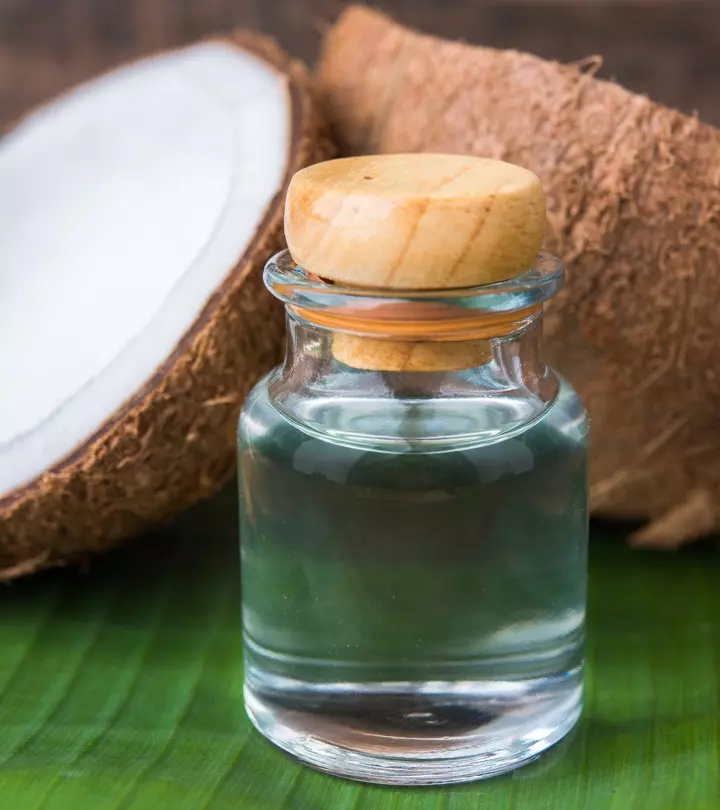
Image: Shutterstock
Oil pulling is being popularized for the array of benefits it offers. From ancient times, it has been used as an effective remedy to increase the strength of the gums and is also said to prevent many dental issues. Many also claim that it may treat many major illnesses without any medicinal compliance or non-invasive procedure. If done regularly as suggested, it may help manage bad breath, slow down cavity formation, and stop the formation of plaque.
In Ayurvedic medicine, oil pulling is described as a method to clean the entire system, because the tongue is looked at as a connector to multiple organs. Read on to know more about it.
In This Article
What Is Oil Pulling?
Oil pulling is an Ayurvedic practice used to remove toxins from the mouth. This technique can be traced back to 3,000 to 5,000 years ago while the oils commonly used are that of sunflower, sesame, coconut, or herbal.
There have historically been two types of oil pulling methods — Kavala Graha and Gandhusa. Kavala Graha involves swishing a comfortable amount of oil for about three minutes. However, Gandhusa involves filling the oral cavity completely with oil (no gargling) and holding it for three to five minutes. These techniques are designed to prevent cracked lips, gum bleeding, weak teeth, bad breath, and other issues that may cause gum or tooth problems.
Oil pulling has recently become very popular as a CAM (Complementary and alternative medicine) remedy for many overall health and oral issues (1). The exact mechanism of action is unclear, though there are some theories. According to one belief, saponification occurs when fat is hydrolyzed by alkali, thus resulting in the creation of soap. In oil pulling, the alkali hydrolysis process emulsifies the fat into bicarbonate ions (normally found in saliva). Soaps that are effective cleaning agents blend with the oil, increasing their surface area and thus enhancing their cleansing action.
 Did You Know?
Did You Know?While the benefits of oil pulling are backed by some research, you must be willing to give it a try and see the results. But which oil is ideal for you to proceed with?
Key Takeaways
- Oil pulling is an effective ancient remedy that strengthens gums and prevents several dental problems.
- Coconut, sunflower, and sesame oils are commonly used for oil pulling.
- Oil pulling can prevent plaque formation and cavities, reduce bad breath, and improve gum health.
- You can do oil pulling every day to help eliminate toxins from the mouth.
Which Oil To Choose For Oil Pulling?
Sunflower, sesame, and coconut oils, especially those that are cold-pressed, may help fight bacteria, viruses, and protozoa in the mouth (2). Cold-pressed oils are free of trans-fats (an unhealthy dietary fat) and are considered ideal for this practice. However, refined oils can also do the job, though they contain trans-fats. Oil pulling was also documented to have been done with olive oil, milk, and gooseberry, and mango extracts.
Of all, sesame oil is traditionally regarded as the preferred option for oil pulling.
Wondering what oil pulling has to offer? In the next section, we bring to you the four potential health benefits of this age-old Ayurvedic practice.
Benefits Of Oil Pulling
1. May Prevent Plaque Formation On Teeth
Certain destructive bacteria in the mouth may cause dental problems, including tooth decay, bad breath, and gum disease. Oil pulling helps generate antioxidants, which kill harmful bacteria (2). The oils used help coat the teeth and gums, preventing the formation of plaque. They may also remove plaque-building bacteria responsible for dental caries, gingivitis (gum inflammation), periodontitis (a severe gum infection) and bad breath. A study suggests that oil pulling with coconut oil may be an effective adjuvant procedure to decrease plaque formation and plaque-induced gingivitis (3). Another study found that coconut oil inhibits bacterial growth by 26% (4).
2. May Reduce Bad Breath
Bad breath is often associated with poor oral health. This is because bacteria get trapped in the mouth when the oral cavity does not receive proper cleaning. As part of a study, 20 adolescent subjects performed oil pulling with sesame oil once daily (10 to 15 minutes) for 14 days before brushing. The findings suggest that oil pulling with sesame oil is as effective as chlorhexidine to reduce halitosis (bad breath) and kill the associated microorganisms (2).
A YouTuber shared about his three-month experiment with oil pulling using coconut oil to boost oral hygiene and treat bad breath in his video. He said, “After a week or so into the experiment, I could tell that the plaque behind my front lower teeth was kind of like breaking down and suddenly my whole area there was smooth whenever I grazed my tongue over it. So yes, it really reduced plaque and bacteria and was kind of like getting out of the dentist after a cleaning session. That was the feeling that I was getting on a daily basis (i).” About bad breath, he added, “I’ve actually had a problem with bad breath for a long time because I drink coffee on a daily basis and I used to brush a lot, I used to drink a lot of water, but now I’m just doing this oil pulling technique and it has reduced the bad breath by quite a lot.”
3. May Prevent Cavities
Oil pulling may aid in flushing out bacteria responsible for tooth decay. Bacteria like Streptococcus mutans, Candida albicans, and Lactobacilli are commonly responsible for causing dental caries. Researchers suggest oil pulling with coconut oil helps neutralize C. albicans and S. Mutans. Similarly, sesame oil has the potential to act against S. mutans and Lactobacilli (5). Hence, oil pulling may help prevent dental caries (cavities). This action of coconut oil is attributed to lauric acid, which has anti-microbial and anti-inflammatory properties (2).
4. May Reduce Inflammation And Improve Gum Health
The oils used for oil pulling possess anti-inflammatory properties, which help prevent and treat gingival (gum) diseases. Oil pulling also helps treat plaque-induced gingivitis, an inflammatory disorder of the gums. Moreover, a recent study found that oil pulling was more effective in reducing plaque and gingival scores than chlorhexidine therapy (5).
Oil pulling activates salivary enzymes, which absorb chemical, bacterial, and environmental toxins from the blood. Thus, swishing oils may aid in removing these toxins from the body and improving oral health. However, further research is needed to understand this benefit of oil pulling (2).
5. May Help Soothe Dry Mouth
Oil pulling may be helpful for dry mouth by promoting oral hydration and potentially improving overall oral health (6). Swishing oil in the mouth helps stimulate saliva production, which can naturally moisturize the oral tissues. Additionally, the antimicrobial properties of certain oils may contribute to reducing harmful bacteria in the mouth, preventing bad breath, and supporting a healthier oral environment.
While scientific evidence is limited, some individuals find relief from dry mouth symptoms through regular oil pulling. It is important to note that consulting with a healthcare professional is advisable for persistent dry mouth issues to determine the underlying causes and appropriate treatments.
Oil pull delivers better results if performed in the morning. But how do you go about it? Dr. Joseph Salim, an NYC dentist, lists out a few simple steps that we have covered in the following section.
How To Do Oil Pulling
- Swish a tablespoon of oil around your mouth for about 20 minutes on an empty stomach.
- Consider reducing the time to 5 to 10 minutes if your jaw aches.
- Adopt a sitting position with your chin up.
- Ensure the oil is forced through your teeth.
- The oil turns milky white if done correctly.
- Spit it out in a paper towel or trashcan to avoid clogging the pipes.
- Do not swallow the oil as it contains bacteria and toxins.
- Rinse your mouth with water and proceed with routine tooth brushing.
You can make oil pulling a consistent part of your day by setting a reminder or using a habit tracker to stay on track. You can also make it a part of your morning rituals, alongside fitness and skin cato reinforce the habit. Also, do not skip your regular dental hygiene habits like brushing and flossing, as oil pulling cannot replace them.
 Quick Tip
Quick TipHow soon can you see the results from oil pulling? Continue reading to find out.
How Soon Will You See Results From Oil Pulling?
As stated earlier, oil pulling helps remove food leftovers and other waste from the mouth. Performing this process daily may show favorable results concerning the cleanliness of your teeth, tongue, and gums. You will likely observe positive differences within two to three weeks. Besides, anecdotal reports suggest using coconut oil for teeth whitening as a natural alternative. Hence, coconut oil can be a good ingredient with added benefits for this process as long as you are not allergic to it.
Oil pulling is traditionally considered one of the most effective ways to detox the body. Let’s find out if it is true.
Does Oil Pulling Detox Your Body?
Poor dental hygiene makes your mouth a gateway to all kinds of harmful bacteria and toxins that reach the bloodstream. These build up in your body and mouth, disrupting the immune system and possibly leading to health complications. The oils used in oil pulling bind with the bacteria inside your mouth, thereby detoxifying your body. As stated earlier, oil pulling activates salivary enzymes, which absorb all kinds of toxins from the blood and remove them from the body through the tongue. Thus, oil pulling may detoxify the entire body.
Oil pulling has beneficial effects not just on your mouth but the whole body. So, how often should you do it?
Should You Do Oil Pulling Every Day?
Ayurvedic texts suggest that oil pulling can be done every day. Making it a habit may help eliminate wastes naturally from the mouth. Mostly, it is best to perform this technique in the morning. But consult your doctor if you are undergoing treatment for any health condition (oral or otherwise).
Here are a few tips to follow:
- Performing oil pull once a day is enough for visible results.
- Ideally, do it in the morning before eating breakfast or drinking any beverages.
- Clean your teeth by rinsing with cold water after the procedure.
You may accidentally consume the oil while performing the procedure, which may cause a few ill effects. Continue reading to know what they are.
Side Effects Of Oil Pulling
1. Lipoid Pneumonia
Doctors warn that accidental swallowing or aspiration of oils during the process may cause exogenous lipoid pneumonia (a condition caused by inhaling or swallowing fat-like material) (7). Upon swishing, oil containing dirt and toxins may enter your airways and lungs if the amount of oil exceeds the recommended quantity. Hence, practice caution.
2. Stomach Upset And Nausea
Anecdotal evidence suggests that swishing a large amount of oil can make you feel nauseous. Besides, bacteria may enter your stomach when you accidentally swallow the oil, causing stomach upset and diarrhea.
3. May Cause Cavities
Replacing brushing with oil pulling may result in cavities. After all, oil pulling may not remove plaque or reduce bacteria completely. So, remember to brush your teeth after oil pulling.
So, while there are many benefits, it’s important to be aware of the side effects of oil pulling to make informed choices for your oral health.
In A Nutshell
Oil pulling has become quite a buzzword in alternative health circles. It is a simple, affordable, and generally safe technique that can be added to your daily oral health regimen. When practiced correctly and regularly, it helps improve oral health. However, this ancient technique cannot replace modern dental therapy. Also, perform this procedure in conjunction with tooth brushing and flossing. Oil pulling is also believed to detoxify your body besides improving your oral health. So, do it once a day on an empty stomach for achieving the desired results. Make sure you don’t swallow the oil. Consult your doctor in the case of an emergency.
Frequently Asked Questions
Can I oil pull at night?
Yes, you can practice oil pulling at night. However, the practice is recommended to be done on an empty stomach in the morning for better results.
Is oil pulling good for the liver?
Oil pulling can indirectly help liver functioning as it reduces toxins in the body.
Do dentists recommend oil pulling?
Some dentists might recommend oil pulling. But, the American Dental Health Association does not recommend it as there is a need for more research on the practice (8).
Is oil pulling good for hair growth?
The Ayurvedic practice of oil pulling is said to promote healthier hair growth as it removes toxins from the body and reduces inflammation.
What diseases does oil pulling cure?
Oil pulling is said to prevent more than 30 different diseases ranging from migraines and eczema to serious health issues like asthma and diabetes (5).
Can I drink lemon water after oil pulling?
Yes, you can drink lemon water after oil pulling and brushing your teeth. However, it is best to wait for about 45 minutes to an hour before drinking lemon water.
Does oil pulling help with bloating?
Yes, oil pulling may help reduce bloating as it removes toxins from the body and helps improve digestive health.
Get motivated to try oil pulling with this personal experience video. Learn the technique and how it helps in dental care and gives you a radiant smile.
Personal Experience: Source
(i) Does Coconut Oil Pulling Work? My Experience After 3 Months!
https://www.youtube.com/watch?v=vsGTm5epSIk
References
Articles on StyleCraze are backed by verified information from peer-reviewed and academic research papers, reputed organizations, research institutions, and medical associations to ensure accuracy and relevance. Read our editorial policy to learn more.
- Tooth brushing oil pulling and tissue regeneration: A review of holistic approaches to oral health
https://www.ncbi.nlm.nih.gov/labs/pmc/articles/PMC3131773/ - Oil pulling for maintaining oral hygiene – A review
https://www.ncbi.nlm.nih.gov/pmc/articles/PMC5198813/ - Effect of coconut oil in plaque related gingivitis — A preliminary report
https://www.ncbi.nlm.nih.gov/pmc/articles/PMC4382606/ - Comparative Evaluation of Antiplaque Efficacy of Coconut Oil Pulling and a Placebo Among Dental College Students: A Randomized Controlled Trial
https://www.ncbi.nlm.nih.gov/labs/pmc/articles/PMC5713846/ - Oil pulling and importance of traditional medicine in oral health maintenance
https://www.ncbi.nlm.nih.gov/labs/pmc/articles/PMC5654187/ - The effectiveness of oil pulling for improving oral health: a meta-analysis
https://www.ncbi.nlm.nih.gov/pmc/articles/PMC9602184/ - Exogenous lipoid pneumonia associated with oil pulling: Report of two cases
https://pubmed.ncbi.nlm.nih.gov/30203635/ - Bad Science: Oil pulling
https://idp.nature.com/authorize?response_type=cookie&client_id=grover&redirect_uri=https%3A%2F%2Fwww.nature.com%2Farticles%2Fsj.bdj.2018.281
Read full bio of Dr. Henok Malede
Read full bio of Aparna Mallampalli
Read full bio of Arshiya Syeda
Read full bio of Sindhu Koganti






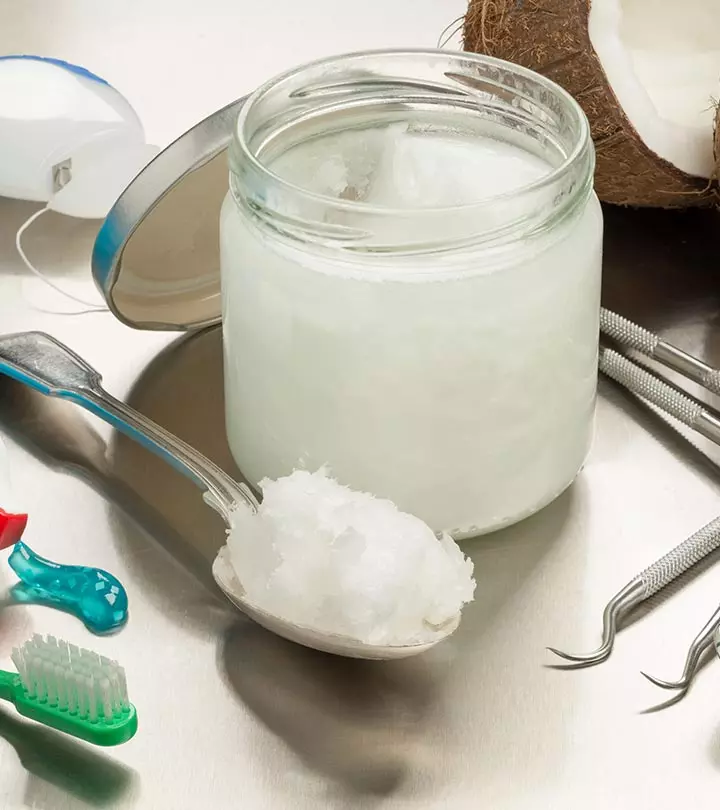


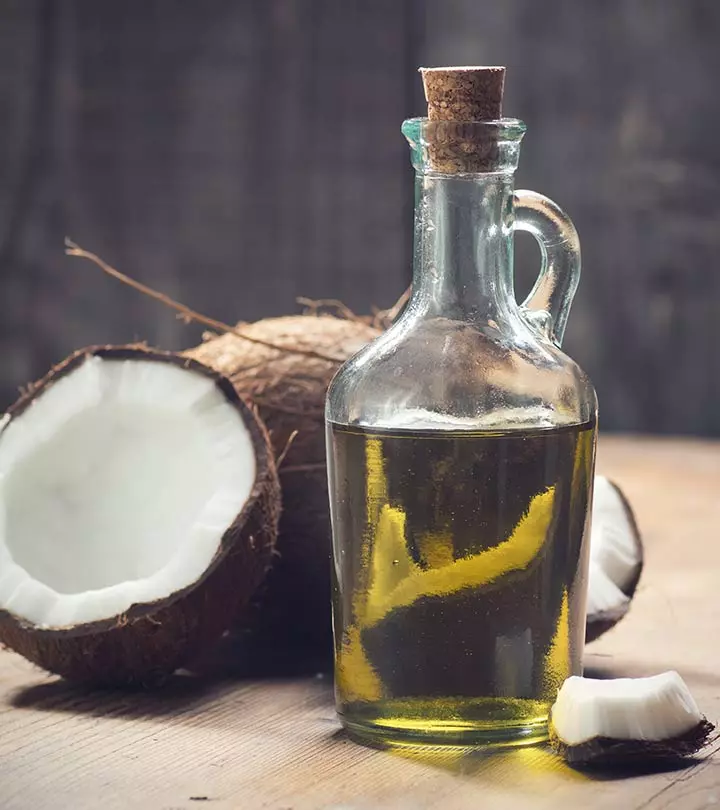
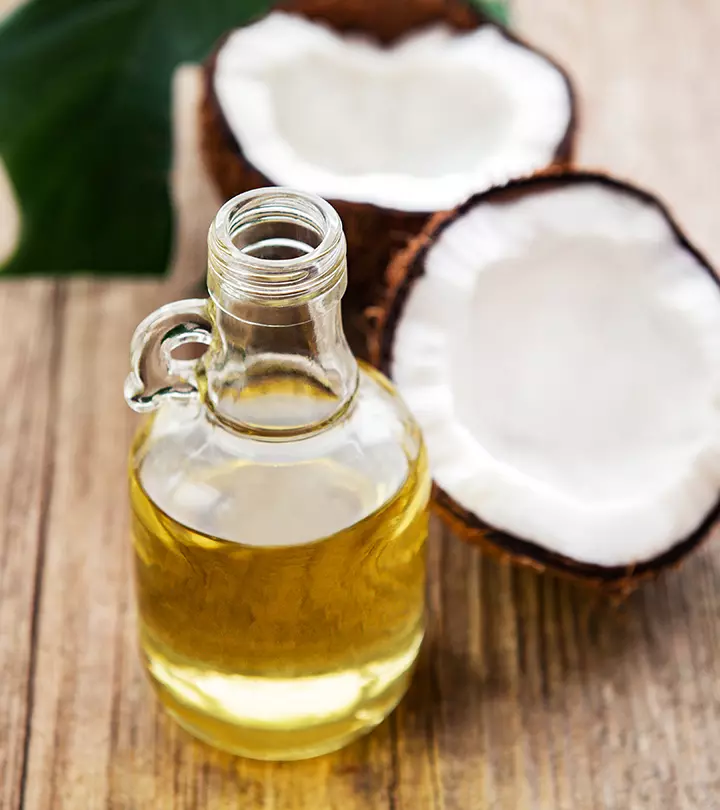

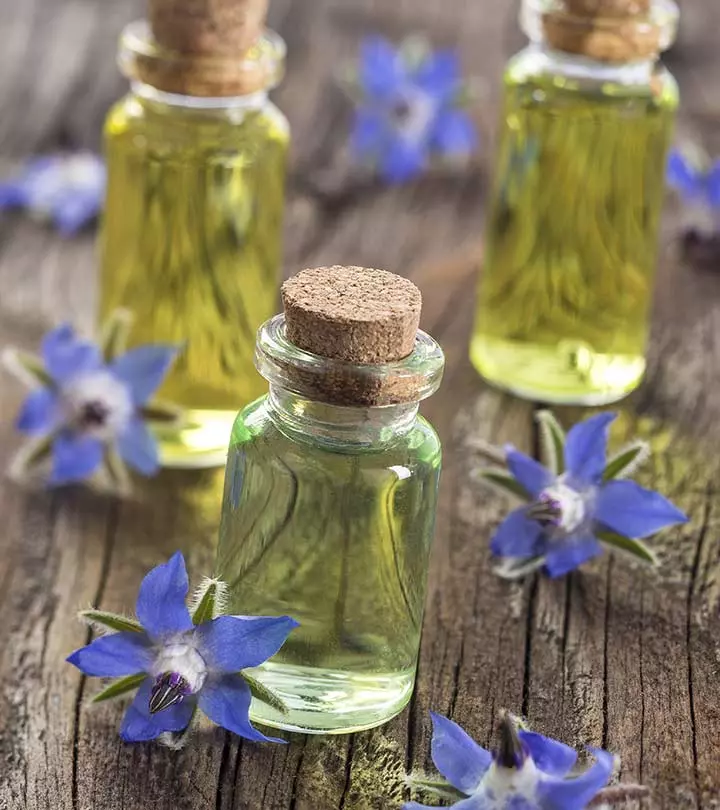

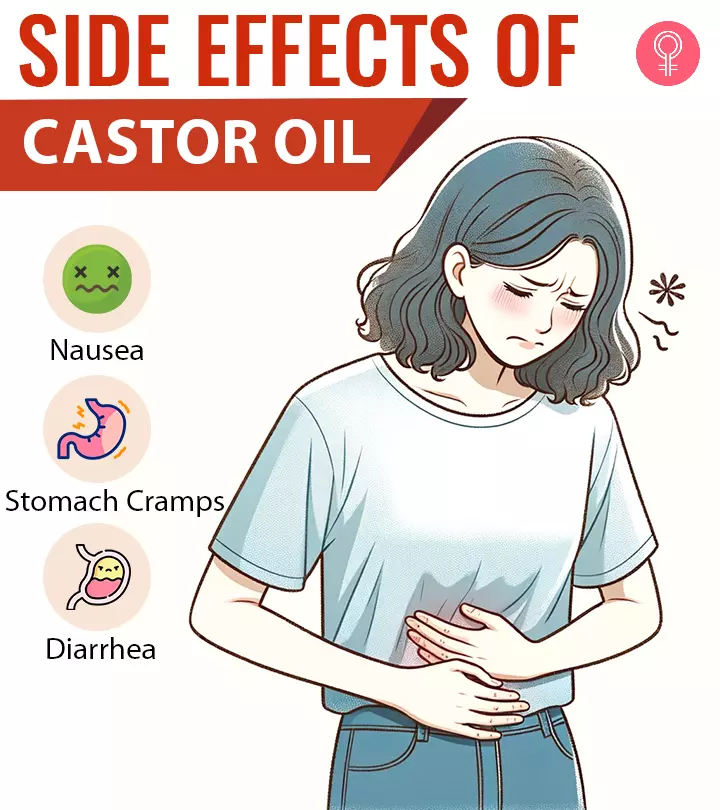

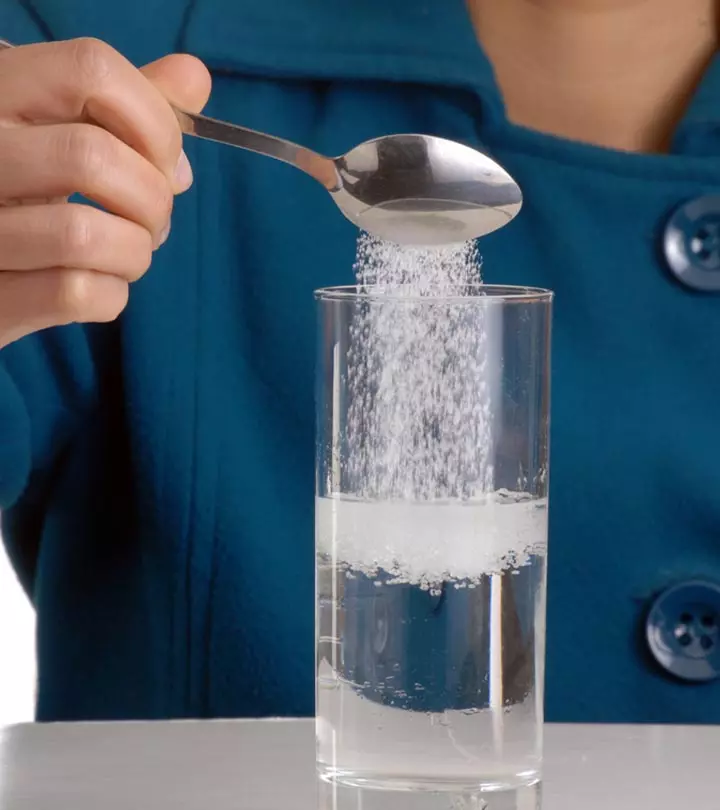
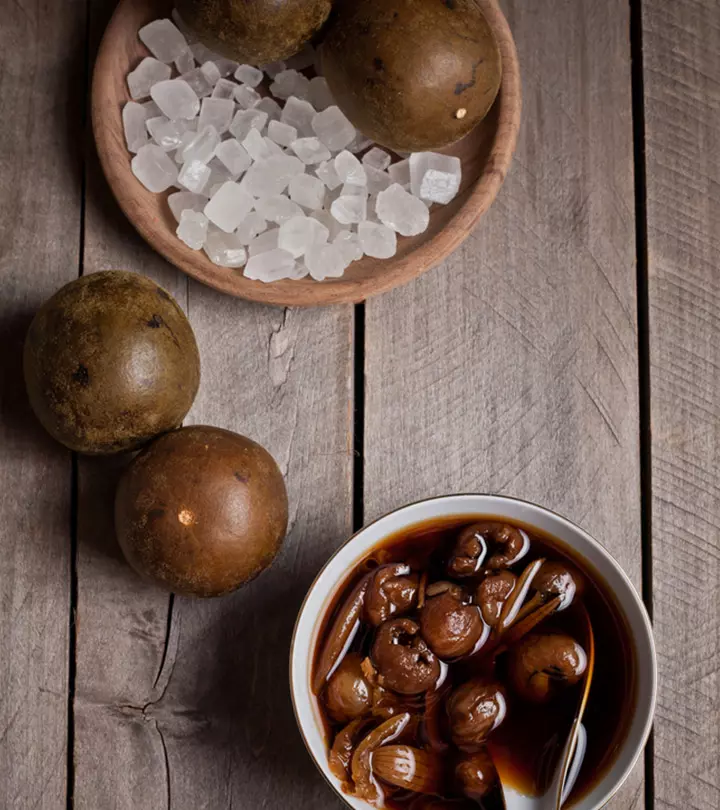


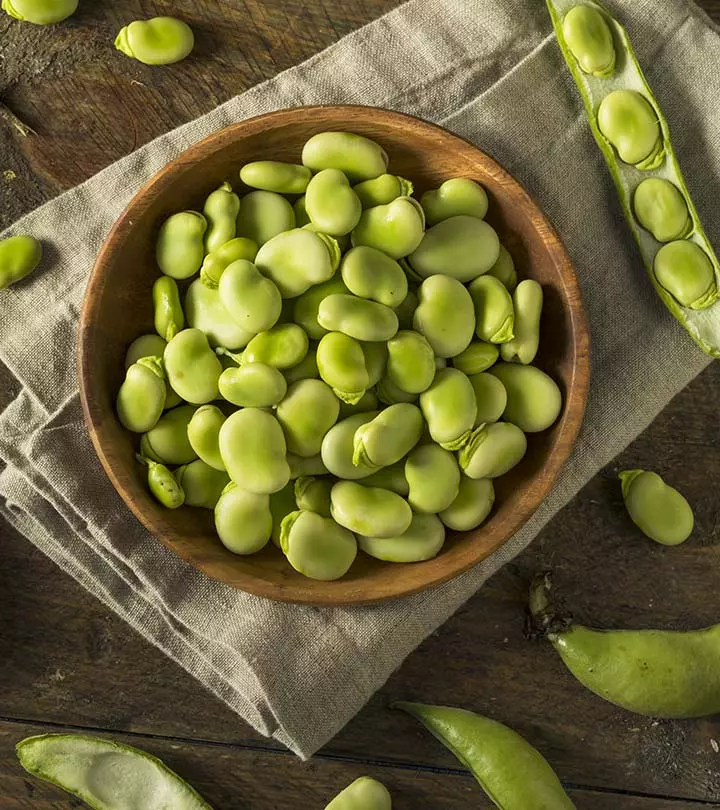
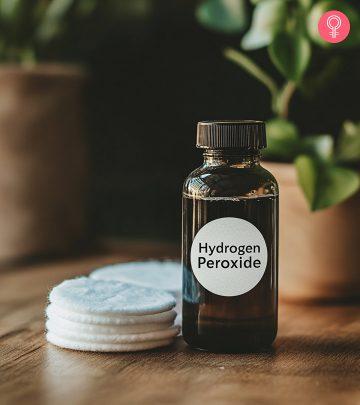
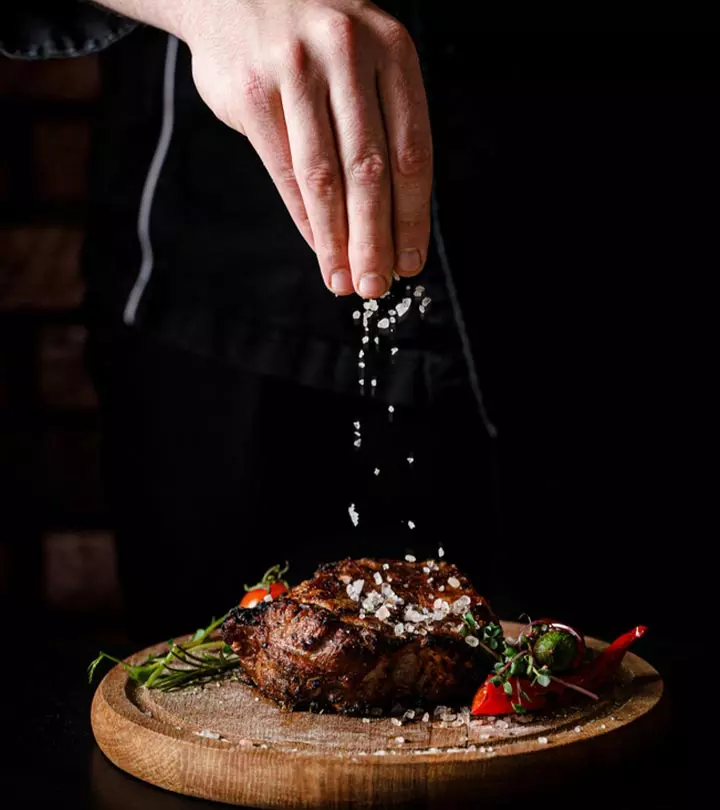
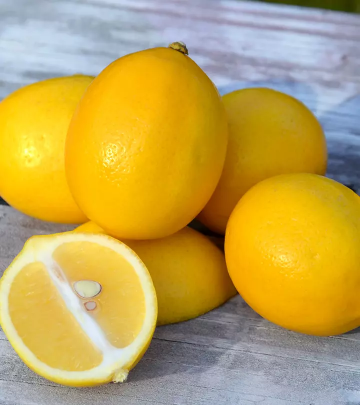

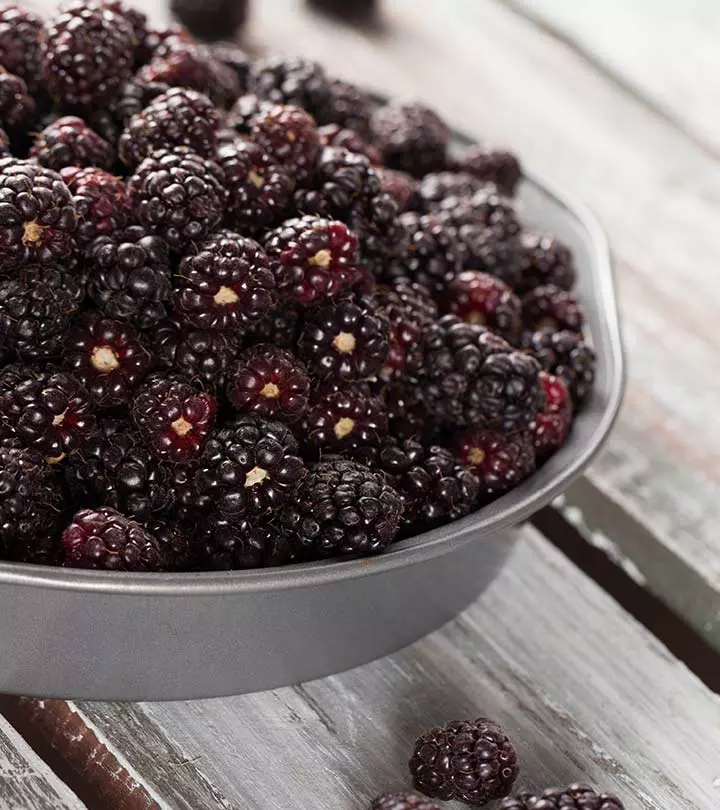

Community Experiences
Join the conversation and become a part of our empowering community! Share your stories, experiences, and insights to connect with other beauty, lifestyle, and health enthusiasts.